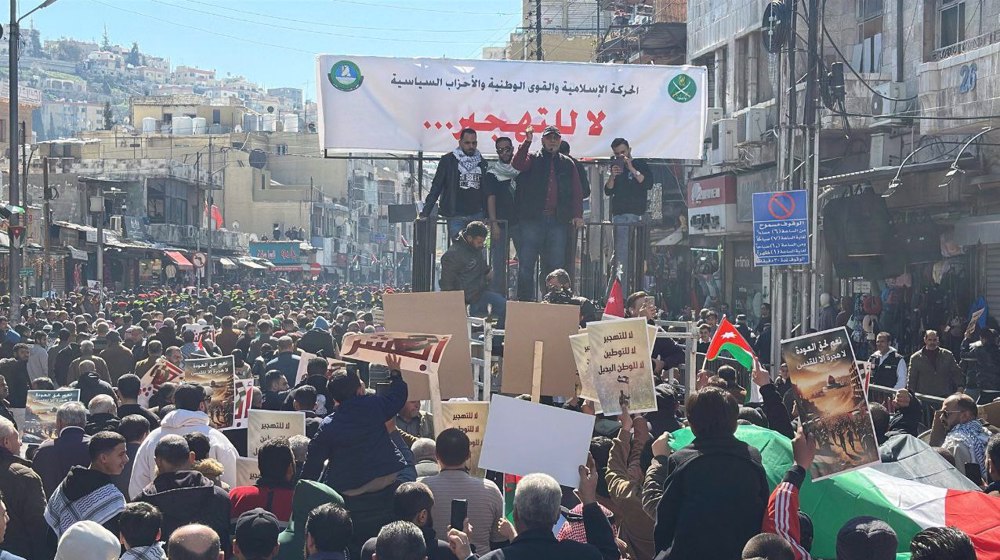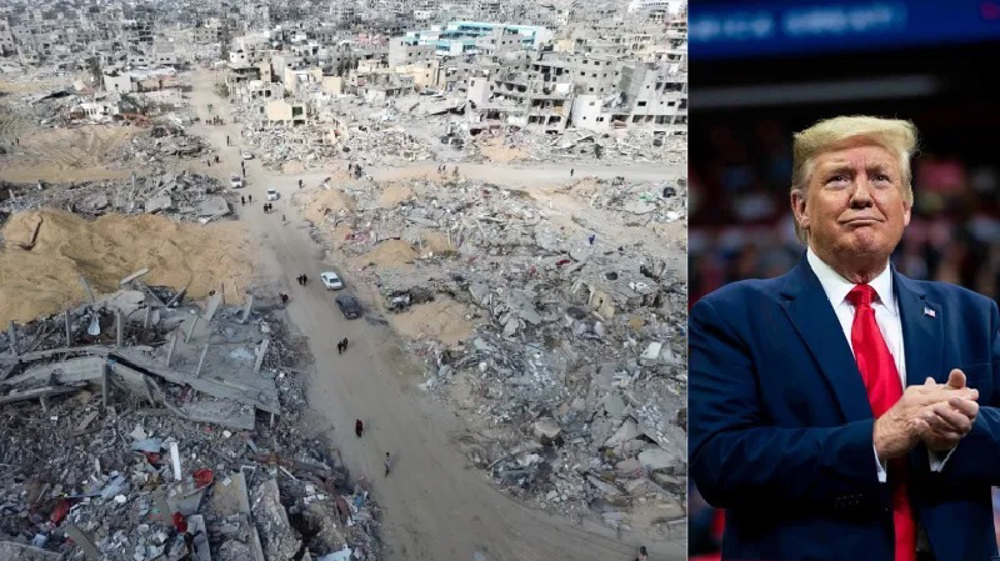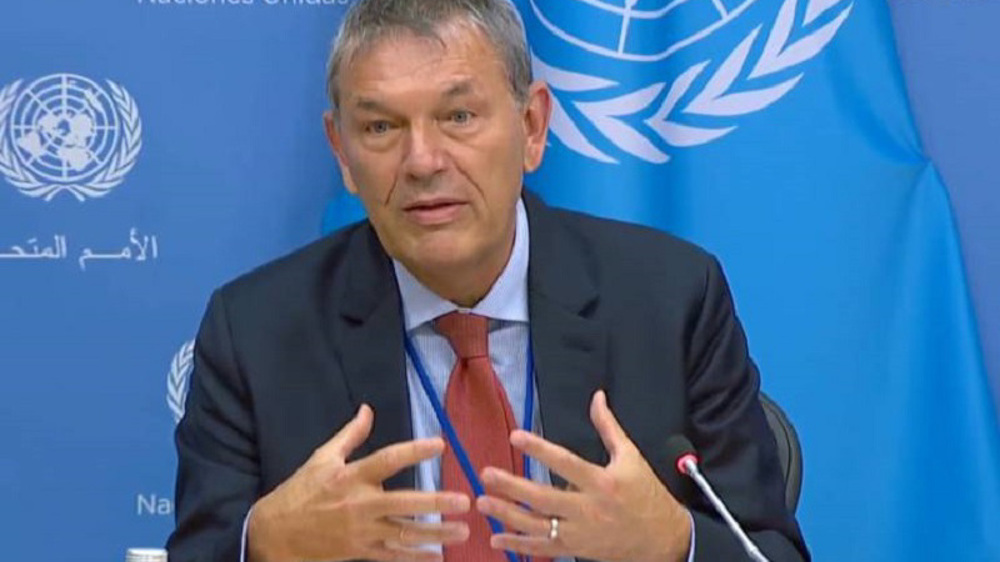Doctors Without Borders warns of huge catastrophe in Yemen
Head of Yemen’s branch of a global humanitarian-aid organization has warned that there would be a massive humanitarian catastrophe in the impoverished Arab country if the Saudi aggression continues.
In an interview published on Thursday, Marie-Elisabeth Ingres of Doctors Without Borders, known by its French acronym as the MSF, told French Le Nouvel Observateur that after six weeks of aerial aggression by Saudi Arabia, the situation is deteriorating for the citizens on a day-by-day basis.
Ingres said the Yemenis are faced with “monstrous difficulties” as they are caught up in the fighting and shortages of fuel, food, water and medicines is piling more and more pressure on them.
“Without fuel, without food and water, if the conflict continues, the humanitarian crisis will be of great magnitude,” Ingres said, adding that the entire Yemen is in urgent need of humanitarian assistance and mere proposals for establishing “special zones” for delivering aid would not help.
Her comments came as Riyadh announced plans for implementing interim truce in “certain areas” of Yemen with the alleged aim of allowing aid to the war-torn country.
Saudi aggression hampers medical care
Ingres said the massive loss of life in Yemen could have been prevented if it was not for the incessant Saudi airstrikes.
“We hosted a small child who suffered tonsillitis for over 15 days without receiving any care but it was too late to treat him and he died ... People die of diseases that usually heal easily. There are more and more indirect victims of the conflict,” she said.
The physician warned that the shortage of fuel could cause serious health problems in Yemen as many medical installations are running out of electricity and clean water, which could lead to the outbreak of epidemics.
Ingres also warned about the dire humanitarian situation in the southern Yemeni city of Aden, saying that people there are faced with huge difficulties due to the effective blockade imposed on the city.

“The city is cut off by roadblocks manned by armed men and some roofs are occupied by snipers. The food is hard to find, distributions are scarce. And there are also problems with water,” she said.
Pounding airports cripples medical staff
Ingres lashed out at Saudi Arabia for pounding Sana’a International Airport and inflicting damage on the runway, as it was the only means of delivering medical equipment and staff for the two major humanitarian organizations, namely MSF and the International Committee of the Red Cross (ICRC).
“It’s a real problem. The airport access ban is a breach of international humanitarian law,” she said.
In an earlier statement issued on May 4, ICRC and MSF said Saudi strikes on the airports in the Yemeni capital, Sana’a and the strategic Red Sea city of Hudaydah caused severe damage, “obstructing delivery of much-needed humanitarian assistance and movement of humanitarian personnel.”
Ingres had earlier directly criticized the Saudi attack on the Sana’a airport, saying the “destruction of Sana’a runway means that countless lives are now more at risk.”

Saudi Arabia started its military aggression against Yemen on March 26 - without a UN mandate - in a bid to undermine the Houthi Ansarullah movement and to restore power to the country’s fugitive former president, Abd Rabbuh Mansur Hadi, who is a staunch ally of Riyadh.
The Saudis claim the airstrikes only target military positions. However, reports show civilians and infrastructure in civilian areas are being attacked.
In a recent report, Human Rights Watch said evidence shows Saudi Arabia has used cluster munitions in the northern province of Sa’ada in recent weeks.
Over 1,200 people, including many women and children, have lost their lives in the Saudi airstrikes since March 26.
MS/HSN/HMV

Jordanians rally en masse to censure Trump's Gaza takeover plan

Jordan rejects US proposal to relocate Palestinians

UNRWA unraveled amid Israel's allegations, reduced intl. support
VIDEO | Madrid cultural event for Syria with documentary hailing fight against Takfiris
VIDEO | UK economy reels from impact of Trump Tariffs
UNRWA chief slams Israel’s attacks on UN facilities
VIDEO | The story of Heyam: nowhere is like Gaza!
Israeli warplanes carry out more airstrikes near Damascus
VIDEO | 'War Criminal' welcomed
Denmark's PM visits Greenland after Trump threat to seize it
Pezeshkian: If Muslim nations unite, enemies cannot oppress them







 This makes it easy to access the Press TV website
This makes it easy to access the Press TV website